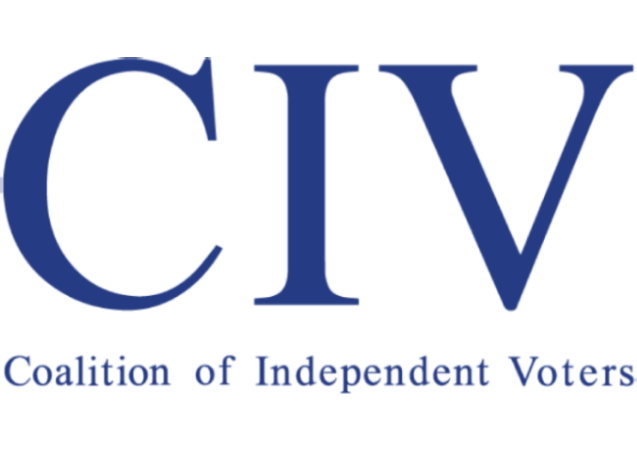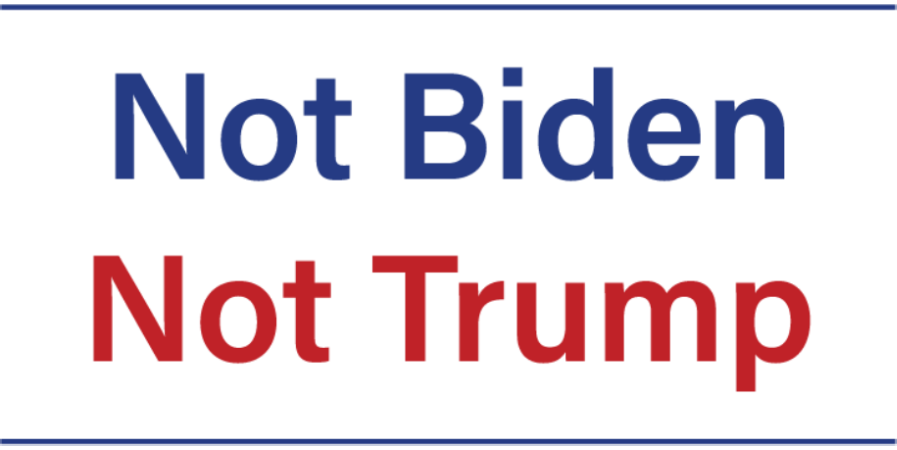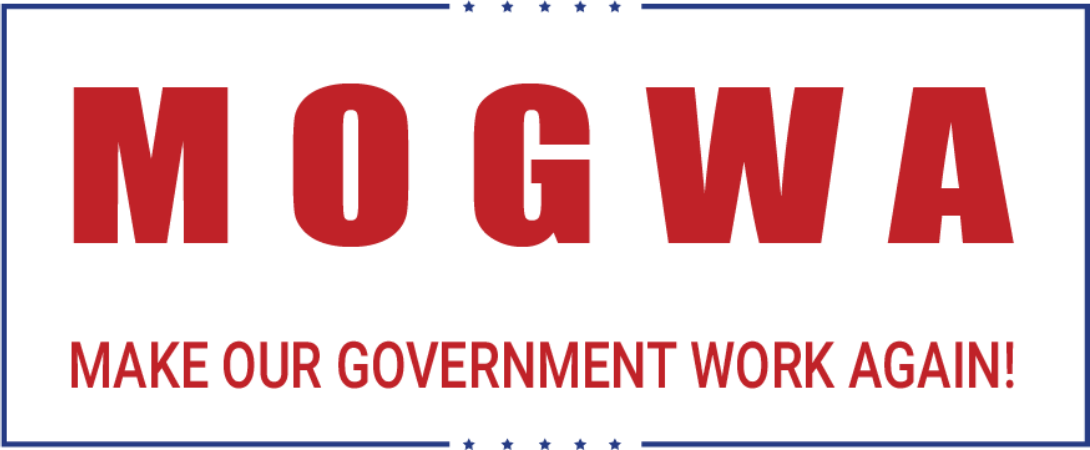Our VISION for reforming America’s political system includes removing the corrupting influence of big money interests.

The Ultimate Campaign Finance Reform
If we run our campaign with enough money to run the campaign effectively without being beholden to big money interests, we endear ourselves to the populace and rebuild trust.
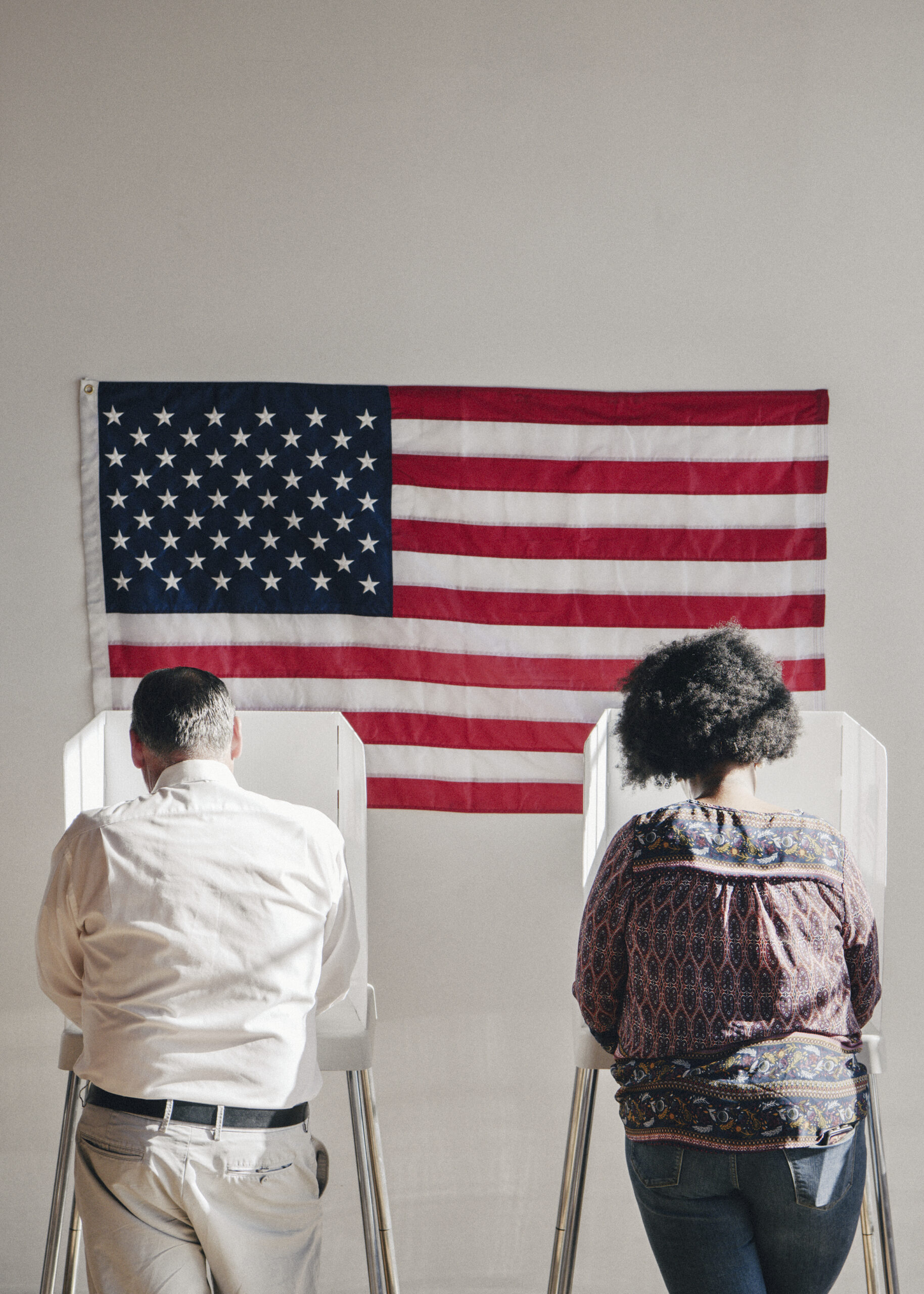
Imagine two evenly matched candidates...
- One who raises millions of dollars from moneyed interests, spends freely, pounds his audience with ad after ad after ad – but is beholden to the donors.
- The other may struggle a bit for donations, but the focus is getting to know the constituents and their needs better.
Which one is the public going to elect? Of course, the second one in most cases. There is a clear devotion to public service. A purity there, if you will, to stay true to Democratic ideals. Americans value and are hungry for this.
Let's Take It a Step Further
If the populace consistently chooses such candidates – the ones who may have a little less money but are true to their constituents instead of big donors – then the culture of campaigns will change.
All that money is being wasted. Instead of being an asset to the candidate, it becomes a political liability.
Our goal is to bring together the public’s desire for honest, trustworthy candidates by vetting and endorsing candidates with the right traits, temperament, and values — and then getting them elected with a minimum of money. This is how we are going to break the chains of unfettered money in our system.
Many attempts have been made to try and regulate and legislate the amount of money in political campaigns, only to have it busted apart by big spending Super PACs.
Electing officials who reject such excessive spending does what all that legislation and regulation has failed to do: remove the corrosive influence of money in politics.
That’s why we call our approach: The Ultimate Campaign Finance Reform.
A Nod to William Proxmire
We aspire to run “Willian Proxmire” campaigns. If you don’t know who he was, he was a Senator from Wisconsin from 1957 to 1989. He ran his campaigns very frugally.
In each of his last two Senate campaigns, Proxmire refused to take any campaign contributions and spent less than $200 out of his own pocket on each campaign.
Now, we have to spend a bit more than that – even in real terms – to get our campaigns going since most of our candidates don’t have his name recognition or record. (Note that these frugal numbers were after his first two terms after he had established his reputation and name as a no-nonsense cost-cutter and waste fighter). The budget will be frugal, relying on donations, but the goal is to run on a budget without the need for multimillion dollar super PACs.
“I’m going to tell you something and I don’t want you to faint: I’m not going to raise any more money… I’m going to come back here every weekend and I’m going to meet as many people as I can.”
– William Proxmire
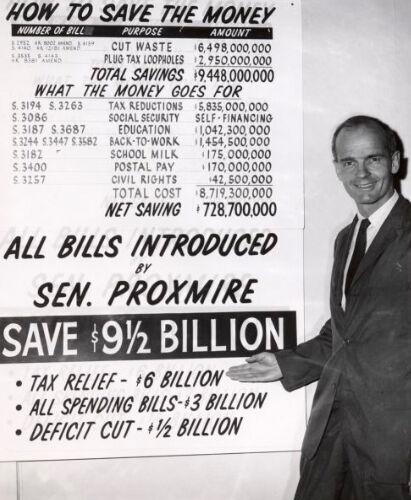
If The Message and Ideals Are Good,
The People Will Respond Positively
We also share his aversion to government waste and excess just like this fine man.
From the same source above:
Proxmire became widely known for his opposition to wasteful government
spending, especially by the military. He led an ultimately successful fight in
Congress against financing the supersonic transport plane in 1971. Governmental
mismanagement was also the prime target in Proxmire’s written work including Report from Wasteland (1970), Uncle Sam: the Last of the Bigtime Spenders (1972), and The Fleecing of America (1980).
In an age where big spending is commonplace, we ask:
- How much does it really cost to get a message out there to the voters?
- How much does it cost to have the message sent through Social Media? Um, Nothing – and people will do it in a heartbeat if the message resonates with them.
- How much does it take to present a ballot petition? Nothing as long as the voters are motivated and volunteer.
- How much does it take to sign a ballot petition? Some paper and some ink.
You get the idea. We want to elect people who have these traits to run a campaign like this.
This is how we are going to drain the Swamp: By electing good people who hate government waste — without spending lots of money.

Scott A. Rappoport
